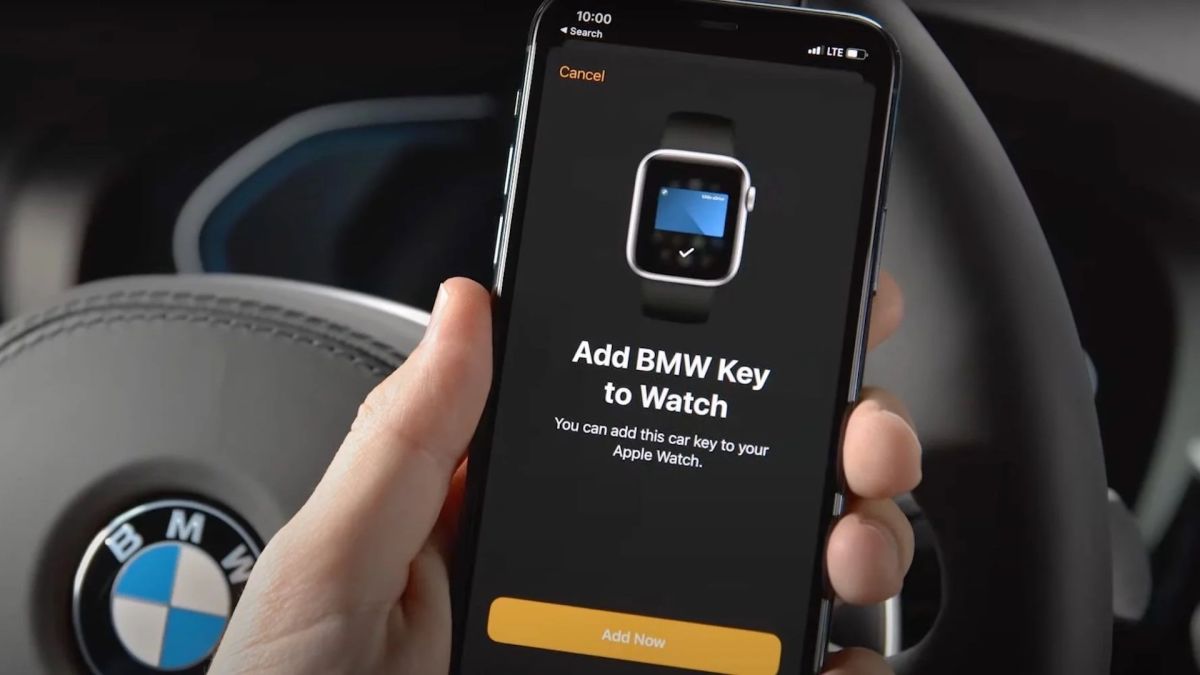Siddhant Mohite, Mumbai Uncensored:
The Bombay High Court, in a landmark ruling, has declared that the use of loudspeakers for prayers or religious discourses is not an essential practice of any religion. The court directed the Mumbai Police to strictly enforce the Noise Pollution Rules, 2000, ensuring that no religious place violates the permissible decibel levels through the use of loudspeakers or amplifiers.
A division bench comprising Justices Ajay Gadkari and Shyam Chandak emphasized that Mumbai, as a cosmopolitan city, accommodates people from diverse religions and communities, making noise pollution a significant health hazard that affects all residents equally. The court stated, “No one can claim that their rights are infringed if denied permission to use loudspeakers. Public interest must take precedence, and such permissions should not be granted as loudspeakers are not an essential part of any religion.”
Strict Guidelines for Police Action
The court issued clear instructions to the Mumbai Police on handling noise pollution complaints, particularly those involving religious places.
The guidelines include:
1. First Instance: Upon receiving a complaint, the police must caution the offender without disclosing the complainant’s identity.
2. Second Instance: If further complaints are received, the police are authorized to impose a fine under Section 136 of the Maharashtra Police Act and issue a warning of stricter action for repeated violations.
3. Subsequent Violations: For repeated offenses, the police can seize loudspeakers or amplifiers under Section 70 of the Maharashtra Police Act and revoke the offender’s license to use such equipment.
Petition Highlights Violations by Religious Institutions
The court’s ruling came in response to a plea filed by two resident welfare associations from Mumbai’s Kurla and Chunabhatti areas. The petitioners highlighted how several mosques in their vicinity were using loudspeakers for daily prayers and religious discourses without adhering to permissible noise levels. Despite repeated complaints to local authorities, no significant action was taken.
The petitioners alleged that, even after COVID-19 restrictions were lifted, permissions granted to mosques came with clear conditions to operate within noise limits, which were often flouted. The court observed that this constituted a deliberate violation of legal orders, emphasizing that the police must enforce noise pollution laws without being mere spectators.
Decibel Limits and Fines
The Noise Pollution Rules, 2000, permit a maximum noise level of 55 decibels during the day and 45 decibels at night. The court clarified that the permissible limit applies cumulatively to all loudspeakers in use at a given time, rather than to individual devices. It also noted that the fines—Rs. 5,000 per day for violations—may not act as a deterrent for offenders and urged the state to consider stricter penalties.
Call for Technological Solutions
In its order, the bench suggested that the state government explore the use of technology to address noise pollution. It proposed the development of in-built mechanisms to control the decibel levels of loudspeakers, amplifiers, and other sound-emitting devices, regardless of the religious institution using them.
Upholding the Rule of Law
The court underscored the need for equal enforcement of laws across all religions. It noted, “In a democratic state, no person or group can refuse to follow the law of the land. Law enforcement authorities must take firm action to uphold public interest and prevent nuisance.”
This judgment highlights the judiciary’s commitment to balancing the fundamental rights of individuals with the broader public interest, ensuring that peace and order prevail in Mumbai’s diverse communities.





 Health2 days ago
Health2 days ago


 Special Editions2 days ago
Special Editions2 days ago


 Special Editions1 day ago
Special Editions1 day ago


 Special Editions3 months ago
Special Editions3 months ago


 Special Editions2 days ago
Special Editions2 days ago













